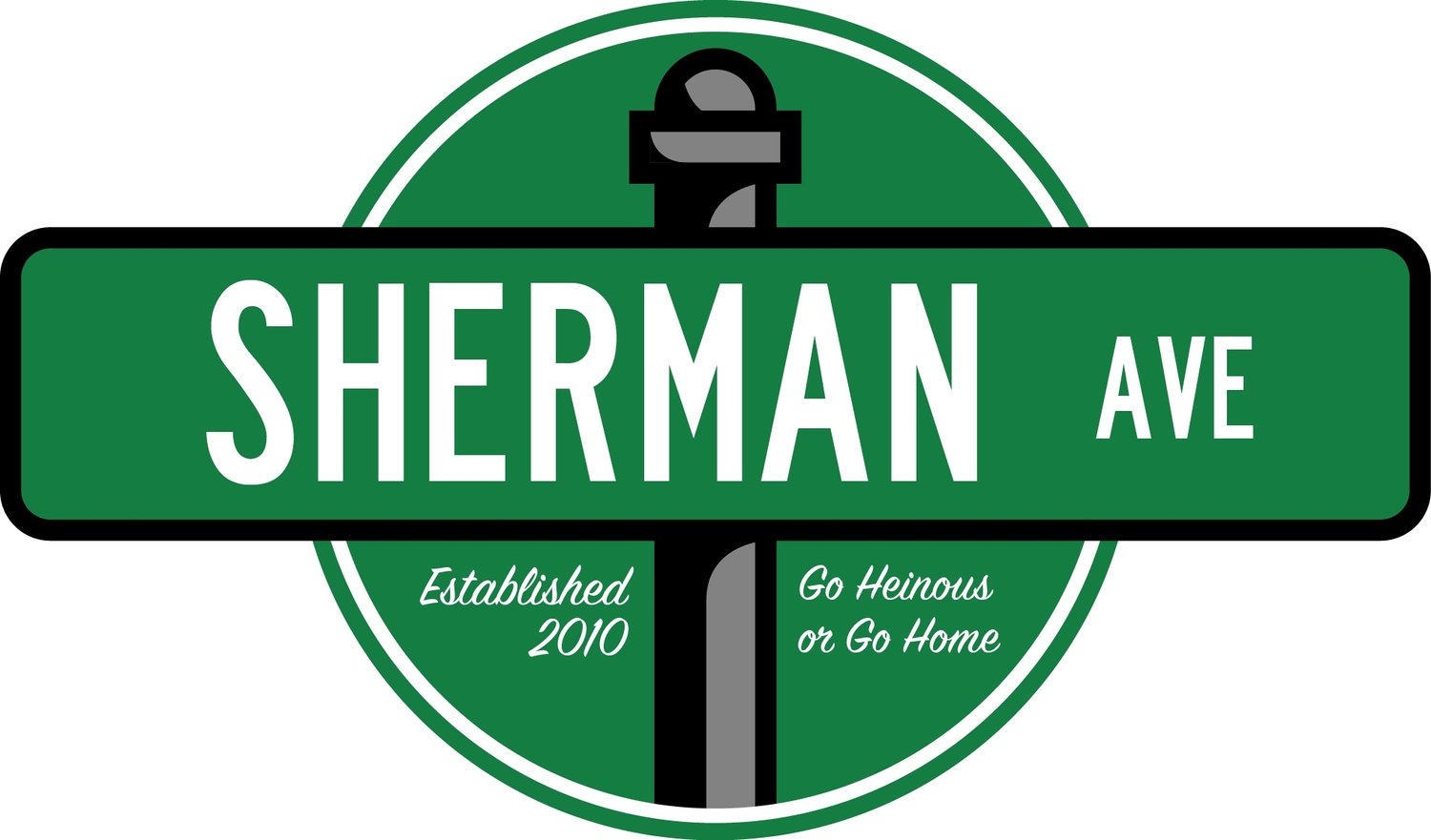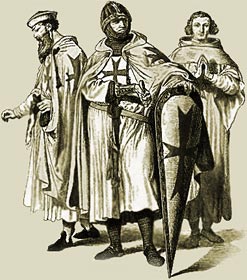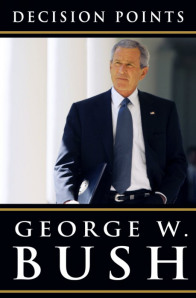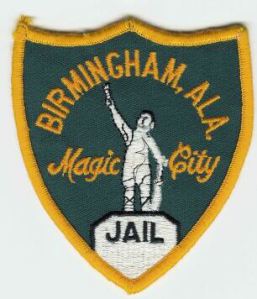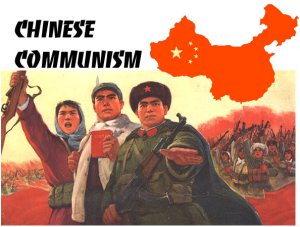5 Special Editions of Monopoly That Would Never Sell
Monopoly: World Religions Edition
Since almost all pieces end up in Jerusalem anyway, the game should work, right? Wrong. The first problem with the game is that the Holy Land doesn’t actually have as much real estate as Atlantic City, the basis for the original version of Monopoly. There’s West Bank, Golan Heights, Gaza Strip…yeah, I think that’s about it. So the game inevitably results in all the players fighting over a few small chunks of land. Also, Hasbro showed an astounding lack of foresight by including a small sculpture of Mohammed as a game piece. But the ultimate downfall of the game is its sheer offensive nature. There are too many moments in this game that cause inter-player strife. For example, that awkward moment when the Atheist player buys Mecca…
Monopoly: Scandalous! Edition
In this version of the game, players have the opportunity to relive some famous scandals in recent history while simultaneously trying to accumulate enough capital to put Watergate Hotel on a monopoly. Game pieces include a Silvio Berlusconi, a Minneapolis airport stall, and a hauntingly detailed sculpture of Bill Clinton’s genitalia. The first Hasbro board game to be rated NC-17, this game somehow fails to appeal to the typical board game demographic – Mormons. Even with the second edition of the game, which makes a direct appeal to Mormons by adding Newt Gingrich’s numerous divorces to the list of scandals referenced in the game, there still is little to no market for it. However, rumor has it that a new, more topically relevant version of the game is set for release this spring, focusing exclusively on scandals relating to 2012 Republican presidential candidates.
Monopoly: Classic Literature Edition
On paper, the idea here isn’t half bad. The game could provide younger players with a basic understanding of classic literature while providing older players with an engaging form of mental stimulation. Each monopoly consists of two or three books by one author, and their respective values correlate to how highly esteemed the author is (ex: Novels by Kate Chopin would replace Baltic and Mediterranean Avenues). Regrettably, the designer of the game had a pretty skewed perception of “classic literature.” Instead of featuring authors like Leo Tolstoy and Ernest Hemingway, the game features authors like Chelsea Handler and Dan Brown. Furthermore, the 4 railroads are replaced by the 4 installments of the “Twilight” series. And as if that wasn’t bad enough, just wait till you find out that “Park Place” was replaced by “Tuesdays with Morrie.”
Monopoly: The Deep South Edition
The game pieces included in this version of monopoly are quite controversial; among them are Colonel Sanders, Dale Earnhardt Sr., George Wallace, and Nathan Bedford Forrest. As an effort to slightly veil their excessive racism, they included Martin Luther King Jr. as another game piece, but this sentiment was made obsolete by the rule forcing the MLK piece to serve the jail sentences of the other players. The game does have its merits, though – if a player can get a series of Motel 8s on the most expensive monopoly (comprised of Baptist Avenue and Krispy Kreme Boulevard), they could potentially make enough money to bribe Cam Newton into their football program. Yet, the most distinguishing aspect of the game is probably the game-changing nature of the “Chance” cards – nothing can bring down your luck like drawing “BP Spill. Move back 4 spaces” or “Realize the Civil War did actually end. Start over.”
Maonopoly: Chinese Edition
It may come as a surprise to find out that, without the basic principles of capitalism, monopoly is not a very enjoyable game. I can only imagine the frustration one might feel upon landing on Vermont Avenue – or whatever the fuck they call streets in China – and discovering that, along with every other property on the game, it is owned by the government. Instead of “Community Chest” and “Chance,” players draw cards like “Community Chest” and “Community Chance,” possibly commanding them to take a Great Leap Forward to spaces like “Community Electric Company” or “Community Go.” Additionally, several other spaces are renamed; for example, “Short Line” is replaced by “Tall-Because-Of-Leg-Extensions Line.” Beware, though – just because there’s free parking on Tiananmen Square doesn’t necessarily mean the pieces will stop moving.
